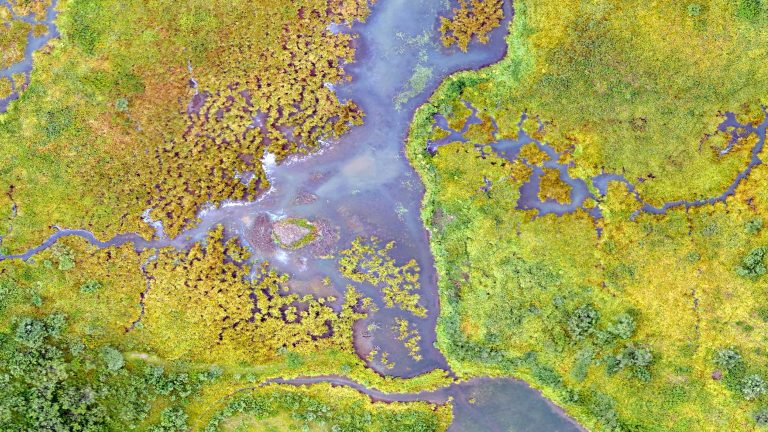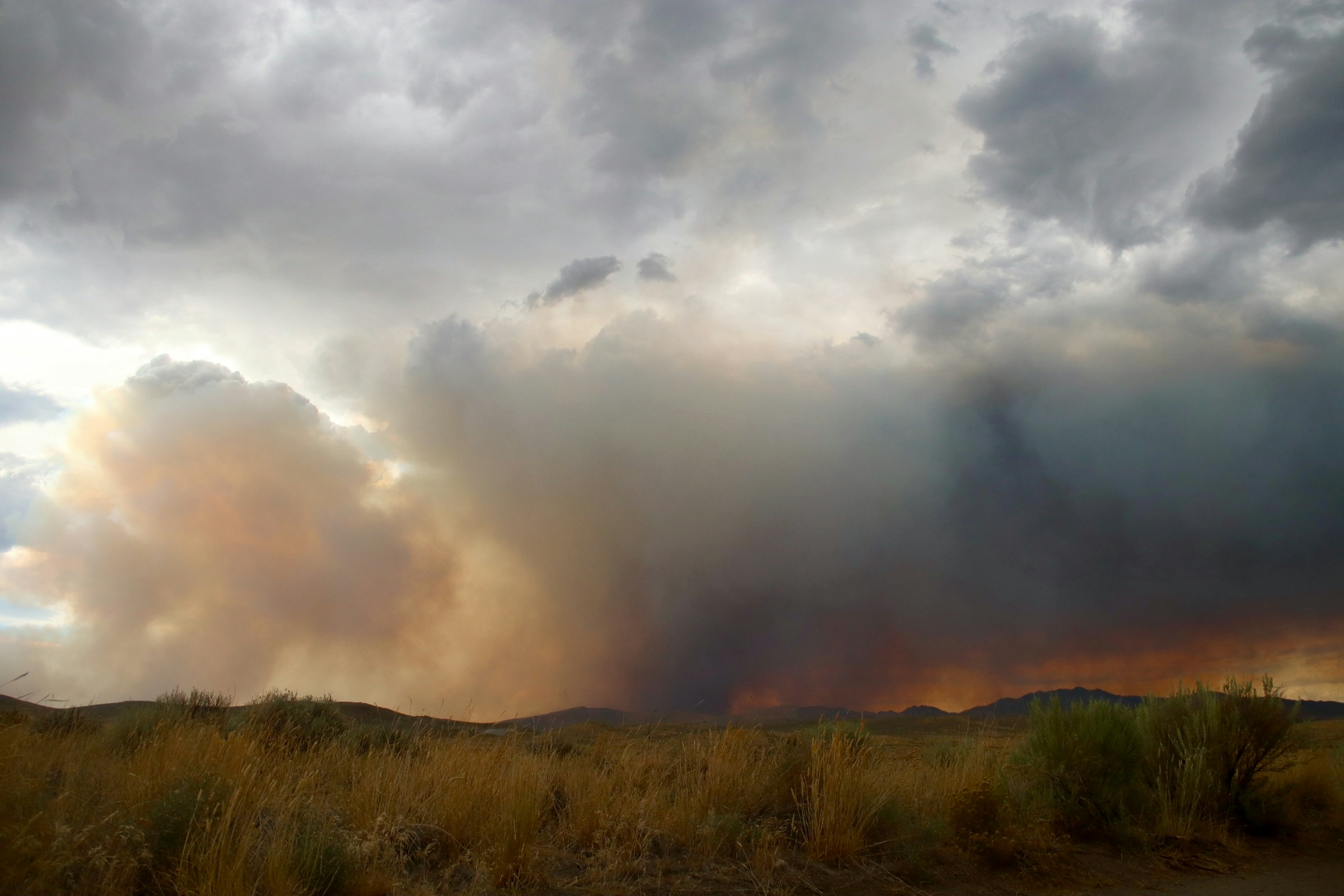The importance of wetlands is undisputed – both as ecosystems and as significant carbon sinks. Yet not enough is actually known about their overall role in combating climate change.
That is about to change, thanks to a new project led by the University of Toronto Scarborough, and co-PI’ed by UBC Geography assistant professor Sara Knox.
The partnership of six universities from across Canada, and seven non-academic organizations representing government and conservation agencies, aims to determine how effective wetlands are as a nature-based climate solution. Though they are often touted as such, the scale of their impact is not well known. This is complicated by the fact that they both store large amounts of carbon, which is a positive for the climate, yet also emit methane – another significant greenhouse gas.
“Wetlands can play an important role in climate change mitigation and adaptation, but there still remains a lot of uncertainty about how effective they are at storing carbon, making it challenging to incorporate them in national greenhouse gas inventory reports,” says Dr. Knox, who was recently named Canada Research Chair in Eco-Meteorology.
She will lead a UBC research team developing standards and protocols to measure wetland organic carbon accumulation, and the release of greenhouse gases.
As part of this work, the team will install and operate a new flux tower in the Lower Mainland, in addition to their existing research sites in Richmond and Delta. Flux towers resemble small radio towers, with sensors positioned above the vegetation to record the flow of greenhouse gases between the ground and the atmosphere. They help measure how much carbon, methane and other emissions are both stored and released by the wetlands.
The overall project is being funded in part by the Government of Canada’s Climate Action and Awareness Fund. The fund is an investment of $206-million over five years to support Canadian-made projects that help reduce Canada’s greenhouse gas emissions.
The data collected will help inform policymakers how well Canada is doing with its climate change goals, particularly those under the Paris Agreement. It will also help in creating more accurate greenhouse gas inventory reporting, which is a requirement under the agreement.



